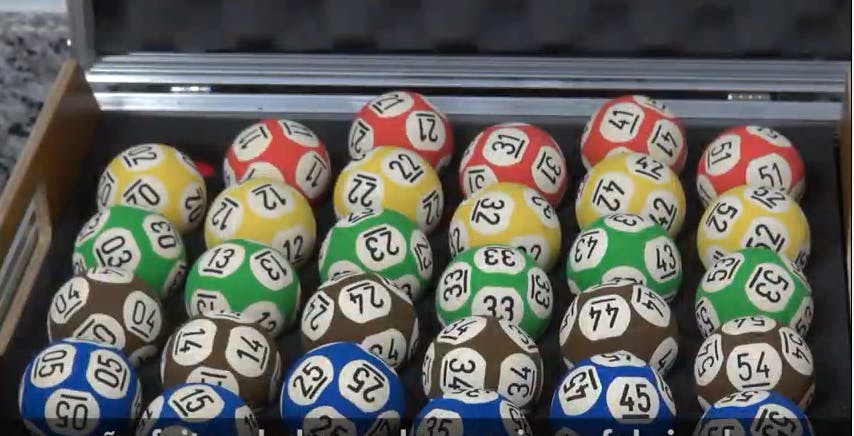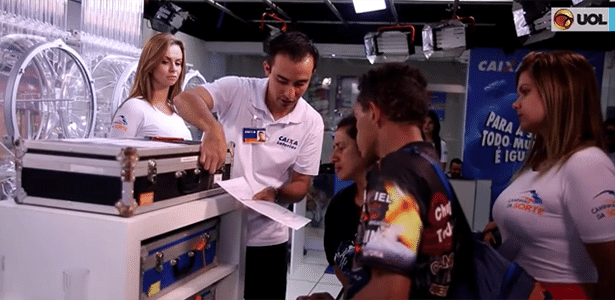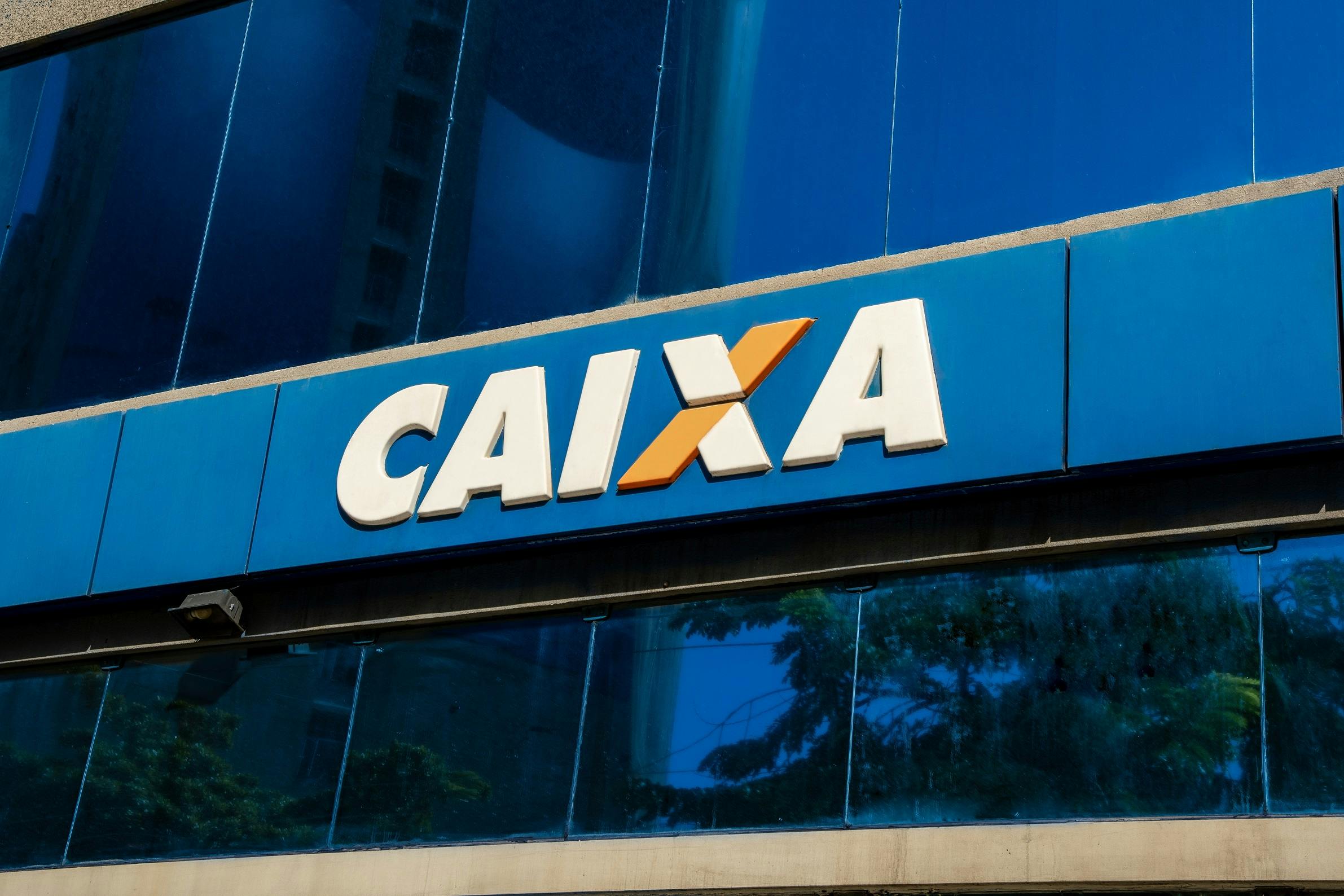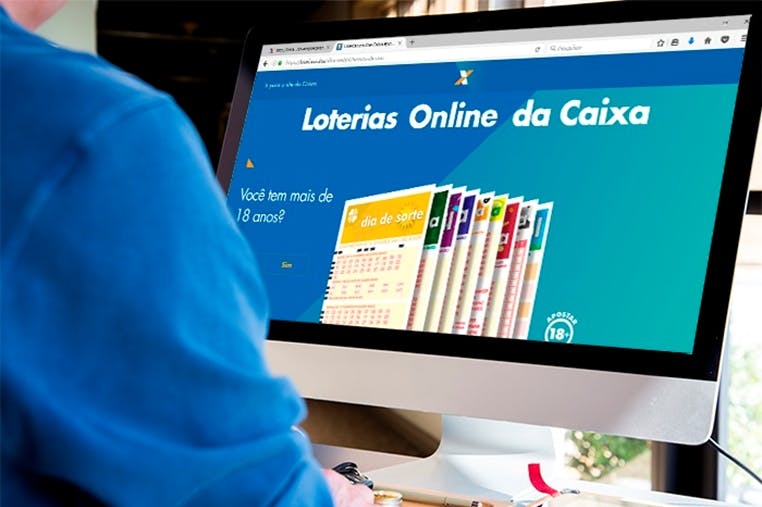Five Fake News About Lotteries
How Misinformation Undermines Credibility and Bettor Confidence
The Lottery House
tags:
Caixa Econômica Federal
fake news

The Spread of Lottery Myths
The circulation of fake news about lotteries is a growing phenomenon, especially during moments of high public attention, such as record-breaking prize draws. In this scenario, misinformation about the functioning, security, and transparency of draws gains momentum on social media and messaging apps, undermining the system's credibility and bettors' trust.
Given the potential impact of these falsehoods, Caixa Econômica Federal, responsible for managing lotteries in Brazil, has identified the most common fake news circulating and clarified each, reaffirming the security and integrity of lottery draws.
The Myth of the Lighter Ball

One of the most persistent fake news items is the theory that the numbered balls used in draws have different weights, favoring certain numbers and making results predictable. This claim suggests manipulation of ball weights to influence the outcome.
Caixa Econômica Federal has vehemently refuted this theory, explaining that all balls are made of solid rubber and have exactly the same weight (66 grams) and diameter (50 millimeters). Additionally, the technical analysis of the balls is periodically conducted by specialized metrology institutes. These procedures ensure that all balls have identical physical conditions, guaranteeing equal probabilities during the draw. Caixa also emphasizes that any interference in the draw would be easily detected by independent audits.
Unsupervised Draws

Another recurring myth is the idea that lottery draws are conducted without supervision, opening the door to potential fraud and manipulation. This fake news fuels public skepticism and questions the transparency of results.
Caixa clarified that all draws are rigorously monitored by independent auditors and representatives from the public. These representatives, randomly selected from those present at the draw location, are tasked with overseeing all steps of the process. This includes opening the cases, loading the lottery machines, validating the drawn numbers, and resealing the cases afterward.
Furthermore, draws are frequently broadcast live on YouTube and other platforms, enabling anyone to follow the process in real-time and witness its transparency.
Winners Always Come from the Same Locations
Many speculate that lottery winners are concentrated in specific regions of Brazil, suggesting geographical favoritism. This theory fuels mistrust, particularly among bettors from less populous states.
Caixa dismissed this claim, explaining that prize distribution depends solely on the randomness of the draw. However, it is natural that locations with more bets would have more winners, simply because they have more tickets in play. In other words, if a city registers more bets, its proportional chances of winning increase.
"What determines the winner is not location, but the numbers chosen and the randomness of the draw," Caixa affirmed, emphasizing that anyone, anywhere, can win.
Caixa Knows Who the Winners Are

Another widely disseminated rumor is that Caixa has prior knowledge of who the winners are, implying control or manipulation of results.
The bank clarified that this claim is false. Winners are only identified when they present the betting slip at a Caixa branch to claim their prize. Even for online bets, bettors are identified only when they request to withdraw their winnings. Additionally, the privacy of winners is legally protected, safeguarding their identities.
Apostas Online Não São Seguras

With the growing popularity of online betting, there has been fake news suggesting that Caixa's digital systems are not secure and could be hacked or manipulated. This misinformation discourages many bettors from using online channels, such as the Loterias Caixa portal or official app.
Caixa emphasized that its digital platforms adhere to strict cybersecurity protocols. All transactions are recorded in real-time in a central betting database, documenting information such as date, time, ticket number, and security code. These records ensure the authenticity and integrity of each bet, as well as facilitate traceability in case of questions.
The Impact of Fake News on Credibility
The spread of fake news about lotteries might seem harmless but has significant consequences. First, it undermines public confidence in a system with multiple layers of security and oversight. Second, it creates a climate of misinformation that discourages participation, affecting revenue and the social benefits funded by lottery proceeds.
It is important to remember that a portion of lottery revenue funds social programs in areas such as education, culture, health, and security. Therefore, a decline in participation directly impacts projects that rely on this funding.
Trust in Lotteries

In an era of widespread misinformation, it is crucial for bettors to seek information from reliable sources, such as Caixa's official channels. Lotteries are regulated by a robust legal and operational framework, ensuring all processes are auditable, transparent, and secure.
Caixa Econômica Federal, as the administrator of the lottery system, reaffirms its commitment to the integrity of draws and the protection of bettors. While fake news will continue to circulate, it is up to the public to discern between myths and reality, trusting the clarifications provided by official sources.
When placing a bet, remember that luck is unpredictable and democratic, capable of smiling on anyone. Enjoy the excitement of the games responsibly and with accurate information, knowing that behind every draw lies a solid and trustworthy system.